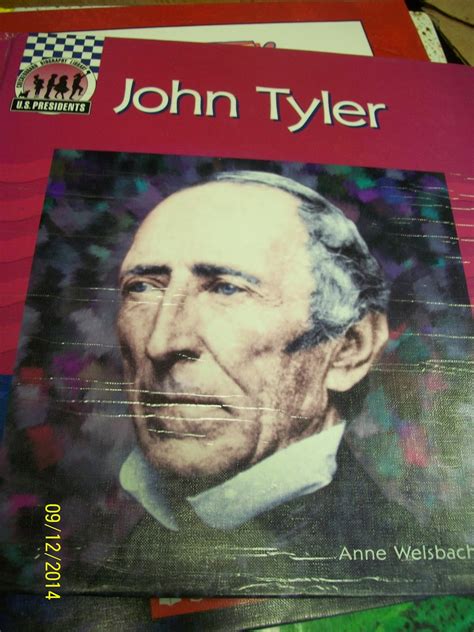A Quote by Arthur Lynch
We are heirs of the ages because throughout the ages mankind has devised and fashioned new things, and step by step added new conquests to our domain in that incessant contest with nature which means life. But we are decadent heirs if we cannot use the instruments that the ages have put into our hands. The acquisition of these, in the largest scope, is education.
Related Quotes
We are the heirs of the ages; but the estate is entailed, as large estates frequently are, so that while we inherit the earth, the great round world which is God's footstool, we have only the use of it while we live and must pass it on to those come after us. We hold the property in trust and have no right to injure it or to lessen its value. To do so is dishonest, stealing from our heirs their inheritance.
This we take it is the grand characteristic of our age. By our skill in Mechanism, it has come to pass, that in the management ofexternal things we excel all other ages; while in whatever respects the pure moral nature, in true dignity of soul and character, we are perhaps inferior to most civilised ages.
It is chiefly through books that we enjoy intercourse with the superior minds, and these invaluable means of communication are in reach of all. In the best books, great men talk to us, give us their most precious thoughts, and pour their souls into ours. God be thanked for books. They are the voices of the distant and the dead, and make us heirs of the spiritual life of past ages. Books are true levellers. They give to all, who faithfully use them, the society, the spiritual presence of the best and greatest of our race.
In western civilization, the period ruled by mysticism is known as the 'Dark Ages' and the 'Middle Ages'. I will assume that you know the nature of that period and the state of human existence in those ages. The Renaissance broke the rules of the mystics. "Renaissance" means the "rebirth". Few people today will care to remind you that it was a rebirth of reason - of man's mind.
The experience of the ages that are past, the hopes of the ages that are yet to come, unite their voices in an appeal to us;– they implore us to think more of the character of our people than of its numbers; to look upon our vast natural resources, not as tempters to ostentation and pride, but as means to be converted by the refining alchemy of education into mental and spiritual treasures; ...and thus give to the world the example of a nation whose wisdom increases with its prosperity, and whose virtues are equal to its power.
There is a relation between the hours of our life and the centuries of time. As the air I breathe is drawn from the great repositories of nature, as the light on my book is yielded by a star a hundred millions of miles distant, as the poise of my body depends on the equilibrium of centrifugal and centripetal forces, so the hours should be instructed by the ages and the ages explained by the hours.
We must take the abiding spiritual values which inhere in the deep experiences of religion in all ages and give them new expression in terms of the framework which our new knowledge gives us. Science forces religion to deal with new ideas in the theoretical realm and new forces in the practical realm.
What matters at this stage is the construction of local forms of community within which civility and the intellectual and moral life can be sustained through the new dark ages which are already upon us. And if the tradition of the virtues was able to survive the horrors of the last dark ages, we are not entirely without ground for hope. This time however the barbarians are not waiting beyond the frontiers; they have already been governing us for quite some time.



































